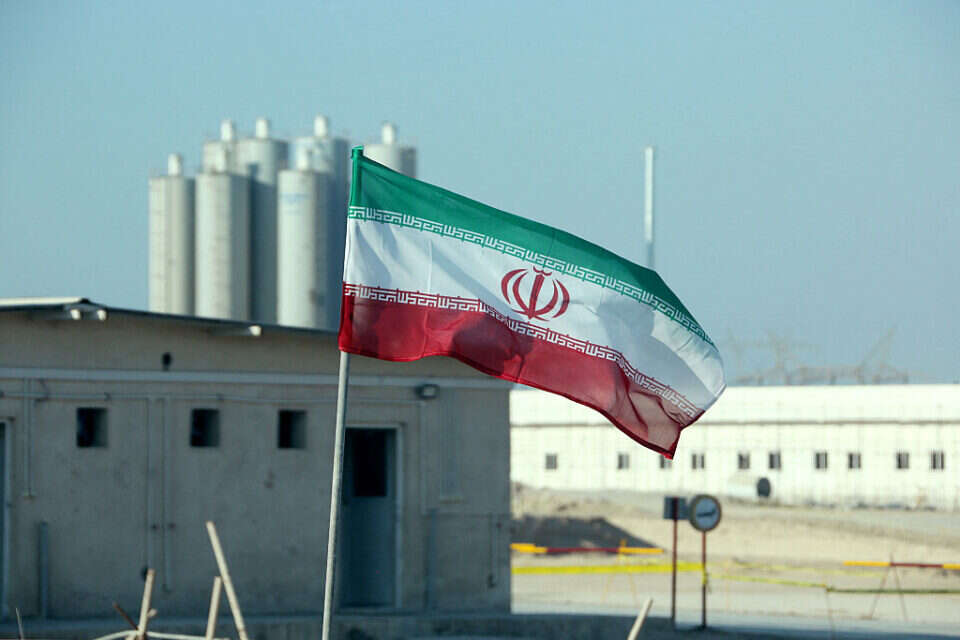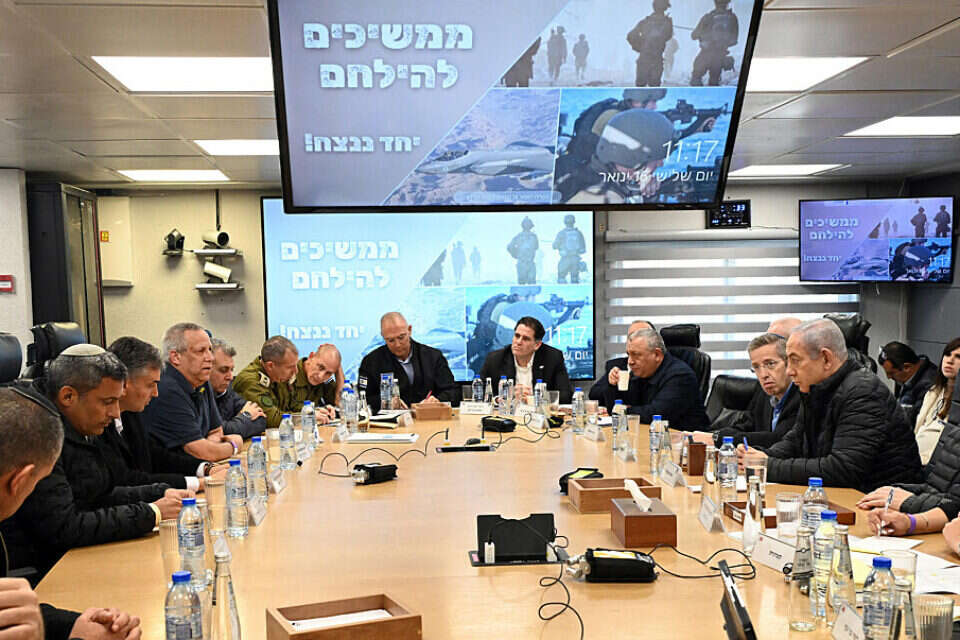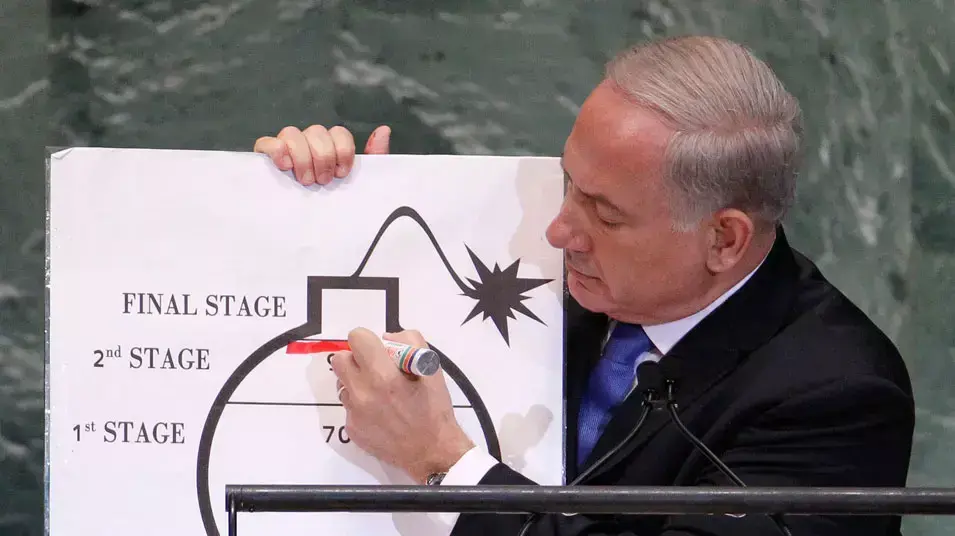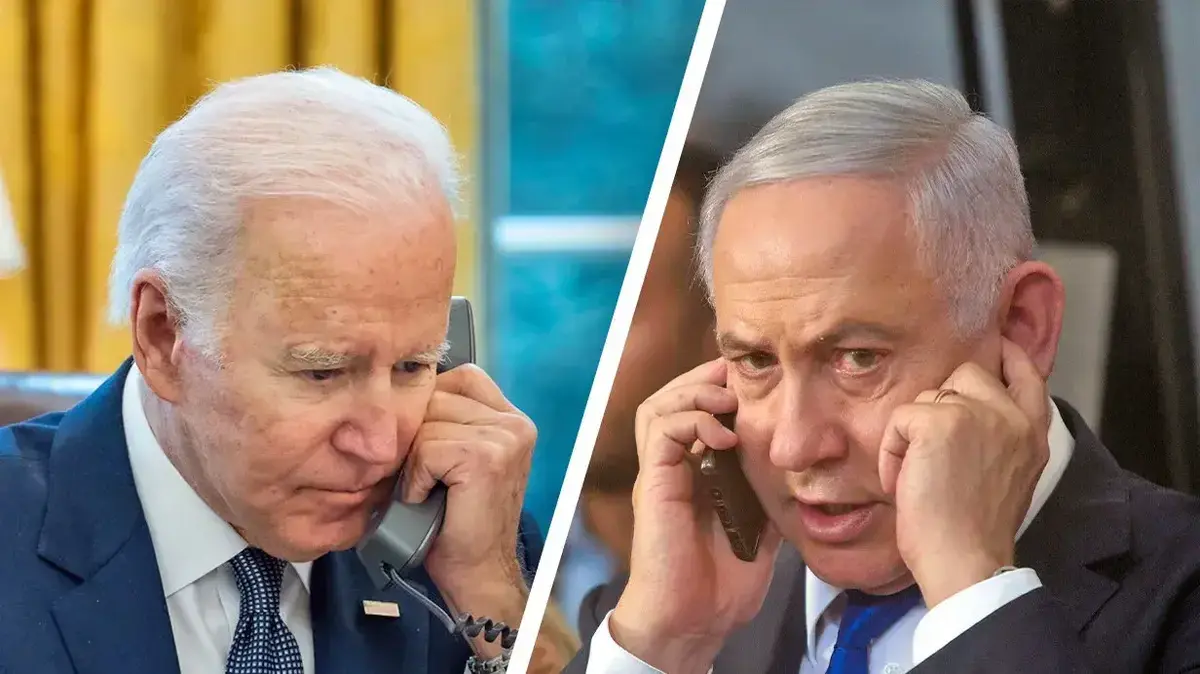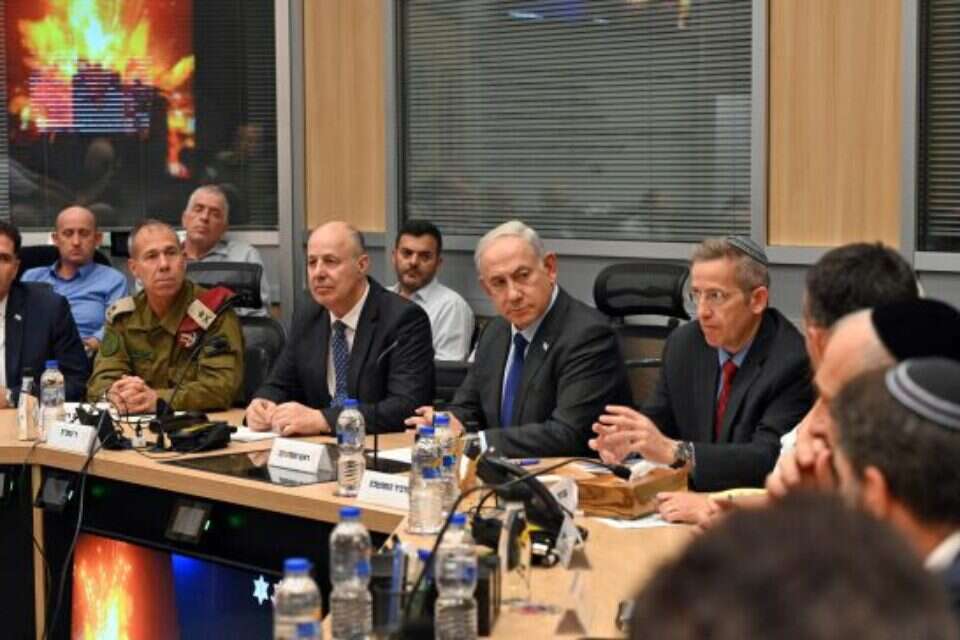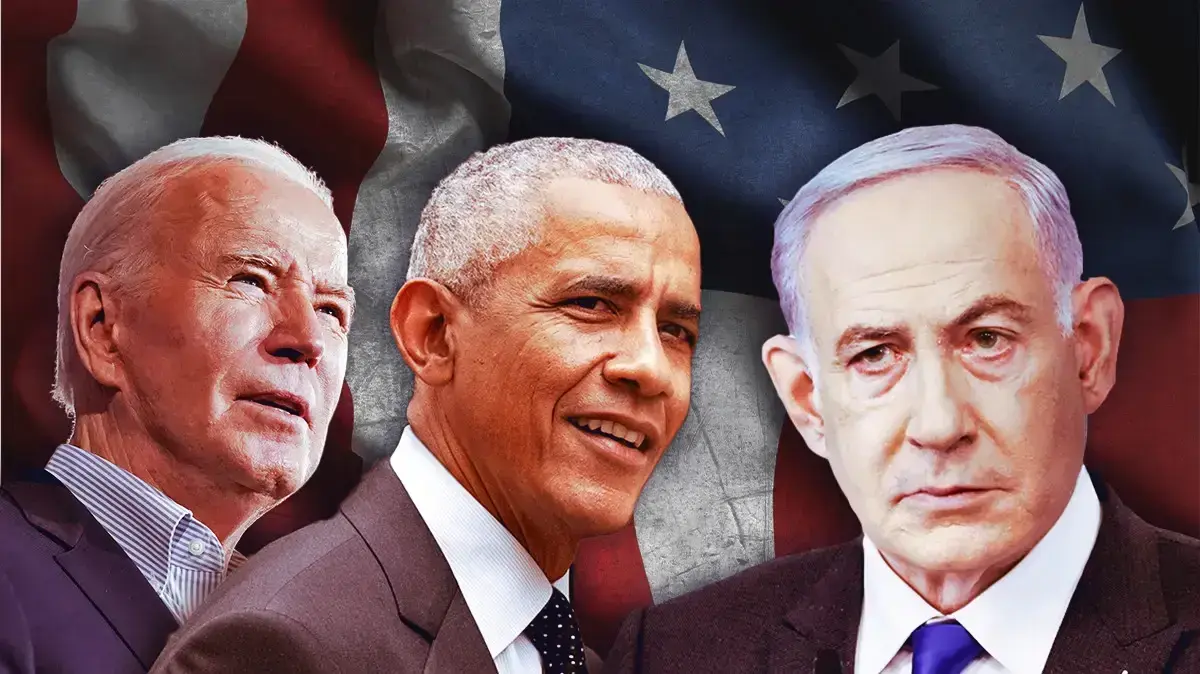The Israeli political-security elite will focus in the coming days on one and only one issue: a last attempt to stop, or at least improve, the nuclear agreement of the major powers with Iran.
The prime minister, the defense minister (who will arrive in Washington tomorrow) and the heads of the defense systems cleared a large part of their agenda for the sake of the matter, in favor of conversations with leaders and colleagues in the world, and briefings for journalists and public opinion makers.
Israel understands that it is doubtful whether this last-minute move will succeed;
In Washington, according to all signs, they are determined to reach an agreement, and are convinced that the emerging agreement is good, despite protests from Israel.
Preparing an alternative option: Defense Minister Benny Gantz visiting the American headquarters for the Middle East, CENTCOM, Tampa, USA // Photo: CENTCOM,
In Israel, there are currently three main approaches to the emerging agreement: the first, which is led by the head of the Mossad, Dadi Barnea, opposes the agreement completely.
The second, which is led by the head of the Israel Defense Forces, Major General Aharon Haliva, and the head of the Research Division of the Israel Defense Forces, Brigadier General Amit Sa'ar, believes that even the bad agreement in its current form is better than a situation of no agreement. And the third, led by Prime Minister Yair Lapid, states that Israel is not opposed Necessarily for any agreement, meaning that if improvements are introduced in the current agreement, Israel may welcome it.
Barnea believes that it is impossible to believe the Iranians, who have already lied in the past, so it is likely that they will come back and lie in the future as well.
He is troubled by the relatively close expiration date of the agreement (partially in early 2026, and fully in 2030), and the large amount of money that will flow to Iran as part of the lifting of sanctions, and will be used to finance research and development in the nuclear field, acceleration of missile projects, and extensive assistance to Iran's proteges in the region.
Lapid's approach to the nuclear agreement: "We are not opposed to any agreement, depending on what will be inside", photo: AP
Haliva and Saar claim that the agreement will limit Iran.
He will remove from her possession almost all of the uranium she has enriched, thereby effectively keeping her away from the bomb.
Even if she wanted to violate the agreement, it would take many months before she could do so - enough time to respond militarily, diplomatically and economically.
They believe that in the absence of an agreement, Iran could explode at any moment with a bomb, and catch Israel and the world off guard - and present them with a fait accompli.
Major General Aharon Haliva warns of reality without an agreement: "Iran will be able to explode the bomb quickly", photo: Yossi Zeliger
Lapid believes that there is still time, albeit little, for diplomatic efforts, at least with the aim of improving components of the agreement.
In any case, he clarified, Israel does not see itself as obligated to him, and therefore will be able to continue its clandestine activities in and against Iran.
It is likely that this will not be carried out against the nuclear project, in which the United States will be a partner, and therefore may see this as an injury to it, and the activity will be focused against other key elements and personalities in the Iranian apparatus.
In Israel, pressure is being exerted on the Americans not to give up on the issue of the "open files" - three investigations that the International Atomic Energy Agency is conducting regarding unreported facilities in Tehran in which uranium remains were found.
This information was discovered as part of the nuclear archive stolen by the Mossad;
Iran demands that the investigations be closed as part of the renewed agreement, while Washington (with Israeli push) is interested in getting answers in an attempt to understand whether there are secret components of the Iranian plan that are unknown to the West.
Iran's envoy to the nuclear talks, Ali Bagari Kaani (for illustration).
It appears that the US will give up on the investigation of the "open cases", photo: AP
As mentioned, the coming days will be devoted to exhausting the diplomatic and media efforts.
Politicians from all sides of the spectrum would do well to curb their instinct of accusations in the meantime, mainly because most of them are reciting blank pages of messages, which testify to their ignorance.
If they bothered to find out, they would find that the renewed agreement is, to a large extent, the result of Israeli hidalism, which began with the withdrawal from the original agreement, and continued in the absence of preparing a proper military option on time.
Now, what is left for Israel is a rallying battle, the chances of which are few, but worth the effort.
were we wrong
We will fix it!
If you found an error in the article, we would appreciate it if you shared it with us

